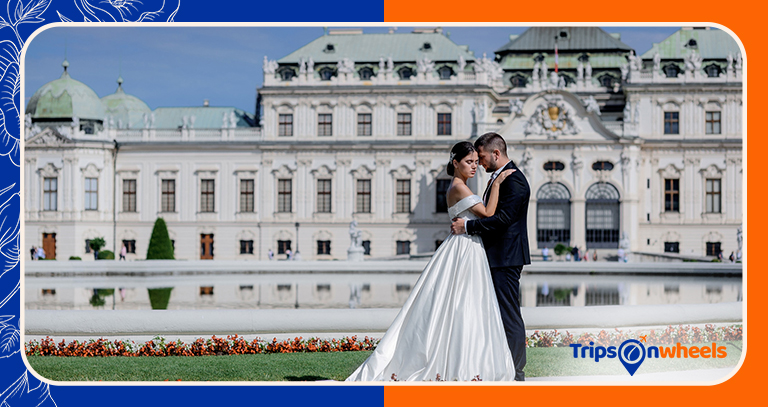Here are some of the unique Indian traditions admired across the globe.
The Gesture of Namaste
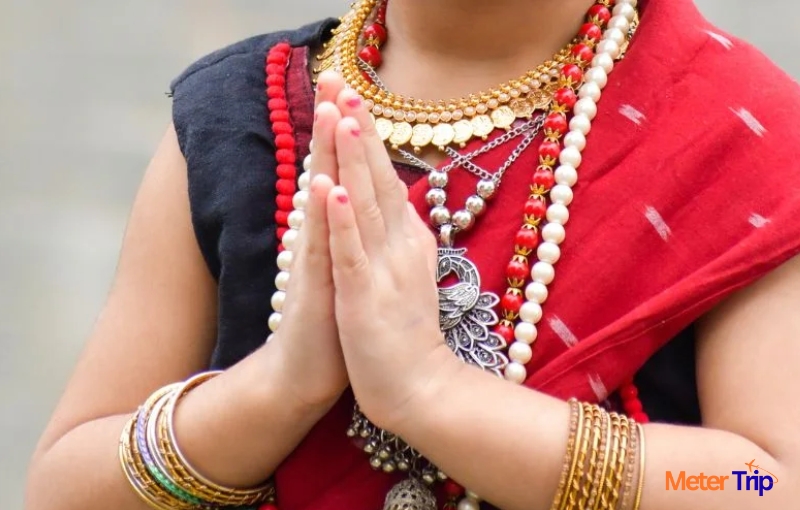
Yoga and Pranayama: India’s Gift to the World
India is the birthplace of Yoga and Pranayama, ancient practices that unite the mind, body, and soul. Traditionally considered a spiritual discipline, yoga helps achieve physical strength, mental clarity, and inner peace.
Today, yoga is a global movement, and June 21st is celebrated as International Yoga Day, highlighting India’s cultural legacy on the world stage.
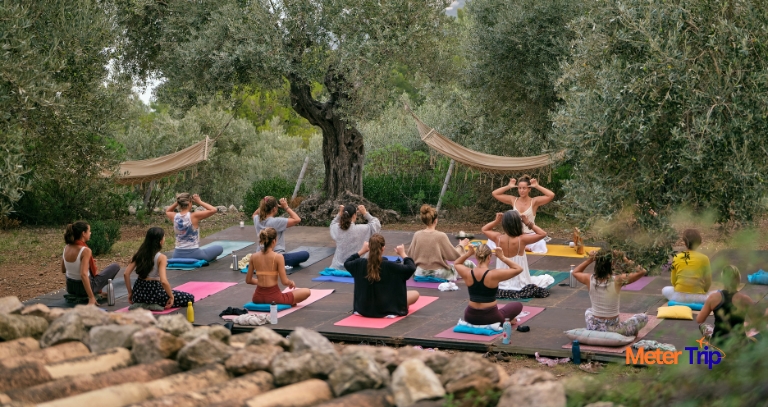
Festivals: A Celebration Every Day
India is often called the Land of Festivals, with countless celebrations taking place across regions and religions.
Major festivals like Diwali, Holi, Eid, Dussehra, and Navratri are celebrated nationwide, while unique regional traditions such as Kumbh Mela, Rath Yatra, Ganga Aarti, and Janmashtami draw global attention.
Each festival is a blend of rituals, colors, music, dance, and delicious foods, offering travelers a truly immersive experience.
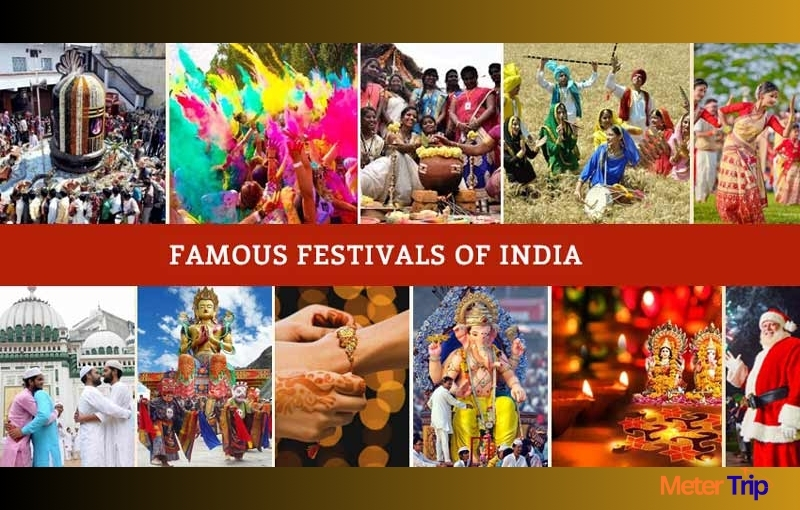
The Joint Family System
One of India’s most admired cultural values is the joint family tradition. In many households, grandparents, parents, and children live together under one roof, sharing joys, responsibilities, and important life decisions.
This system teaches respect for elders, emotional support, and unity—values that lie at the core of Indian society.
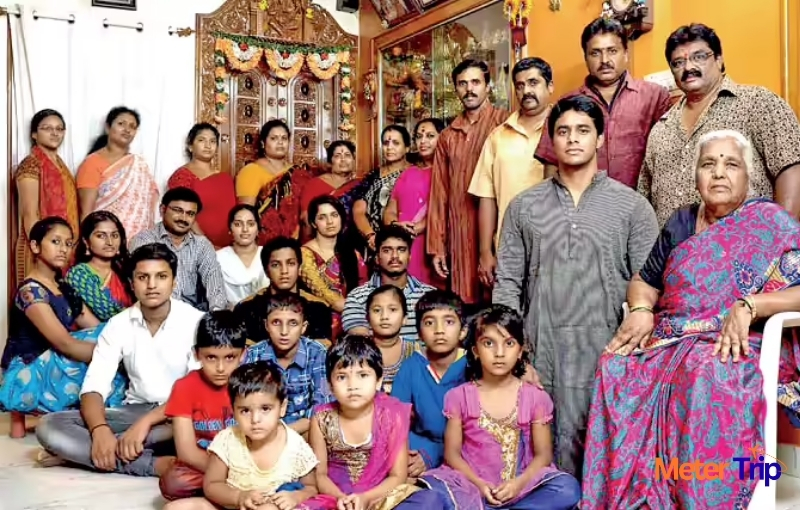
Diverse and Flavorful Indian Cuisine
Indian food is as diverse as its culture. From Punjab’s Makke ki Roti and Sarson ka Saag to South India’s Idli and Dosa, every region offers its own signature dishes.
Indians prefer hearty meals, especially for breakfast, with dishes like parathas, poha, and chole bhature.
“People around the world recognize Indian spices such as turmeric, cumin, and cardamom for their flavor and health benefits.”
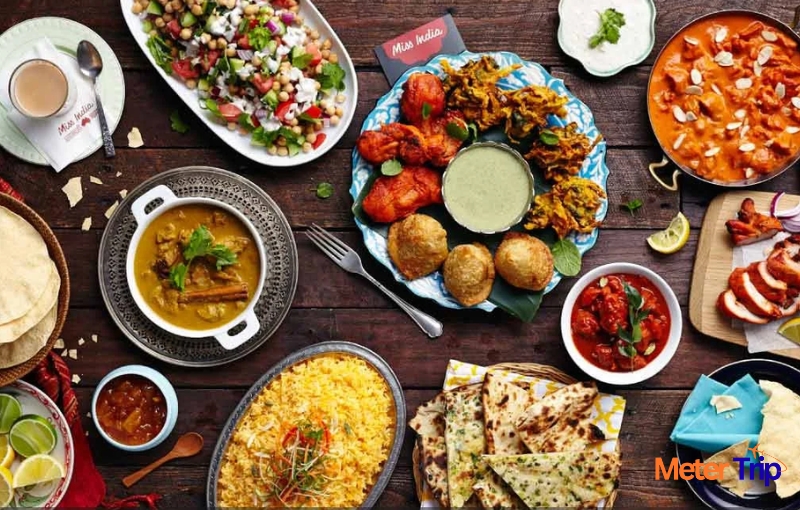
Traditional Indian Attire Unique Indian Traditions
Indian clothing reflects beauty, grace, and cultural identity. Women often wear sarees, salwar kameez, and lehengas, while men don kurta-pajamas, dhotis, and sherwanis.
Famous fabrics include Banarasi silk, Kanjeevaram, and Bandhani, adored by travelers who often buy them as souvenirs.
These vibrant outfits symbolize elegance and tradition, especially during weddings and festivals.
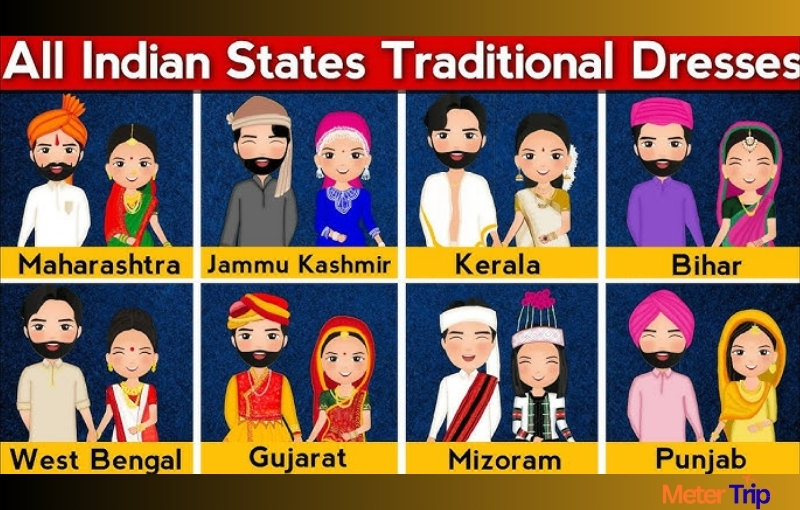
Reverence for the Cow
“Hindu culture considers the cow sacred and respects it as a symbol of motherhood and nourishment. Many Indians worship the cow and actively protect it as a living embodiment of compassion and purity. Several states strictly prohibit harming or killing cows.”
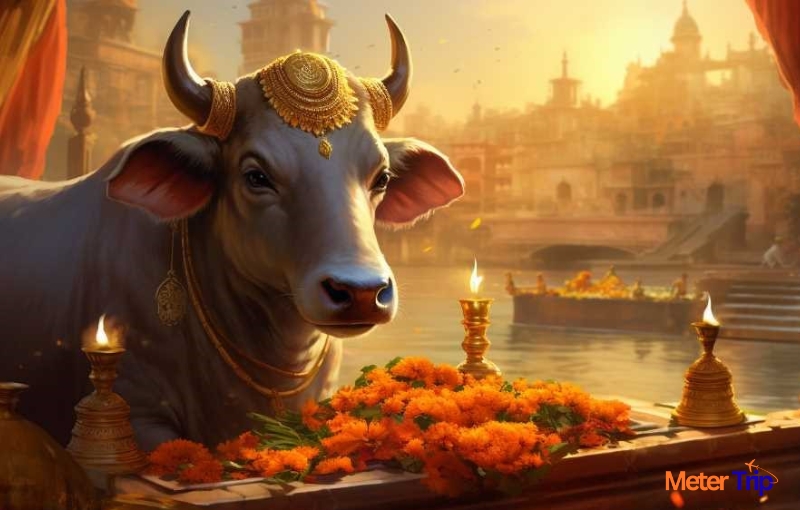
Arranged Marriages: A Traditional Union Unique Indian Traditions
Arranged marriages are an important part of Indian cultural practices. In this tradition, families help find suitable partners based on values, compatibility, and background.
While it may seem unusual to foreigners, arranged marriages have been part of India since Vedic times, evolving from the ancient Swayamvar system. Many such marriages lead to lifelong companionship rooted in respect and family support.
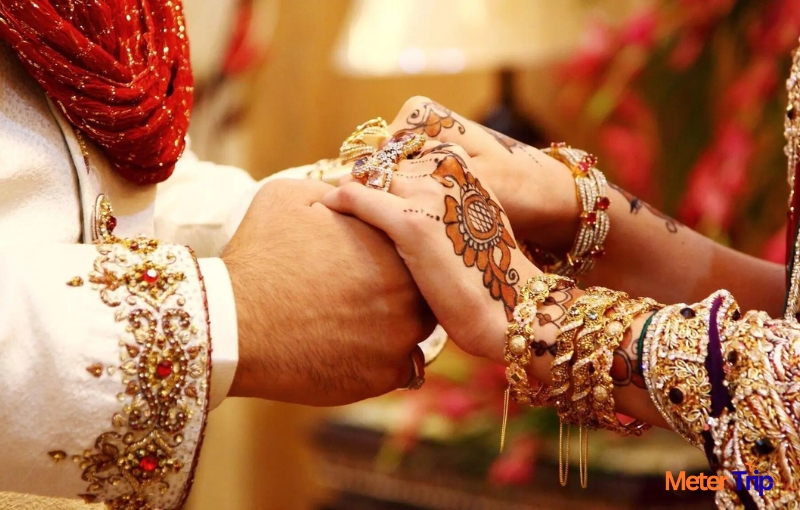
Classical Dance Forms of India Unique Indian Traditions
India proudly preserves a rich heritage of classical dance forms, each rooted in mythology and spirituality. Famous styles include:
-
Bharatanatyam (Tamil Nadu)
-
Kathakali (Kerala)
-
Kuchipudi (Andhra Pradesh)
-
Manipuri (Manipur)
-
Kathak (North India)
These dance forms blend expressions, storytelling, music, and devotional themes. India also hosts countless folk and tribal dances like Garba, Bhangra, Ghoomar, and Lavani, showcasing cultural diversity.
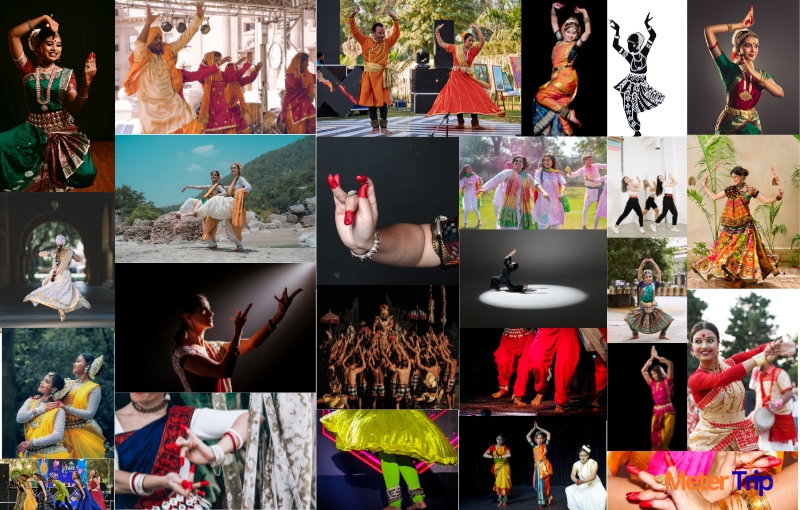
Conclusion Unique Indian Traditions
Read More- healing during covid




